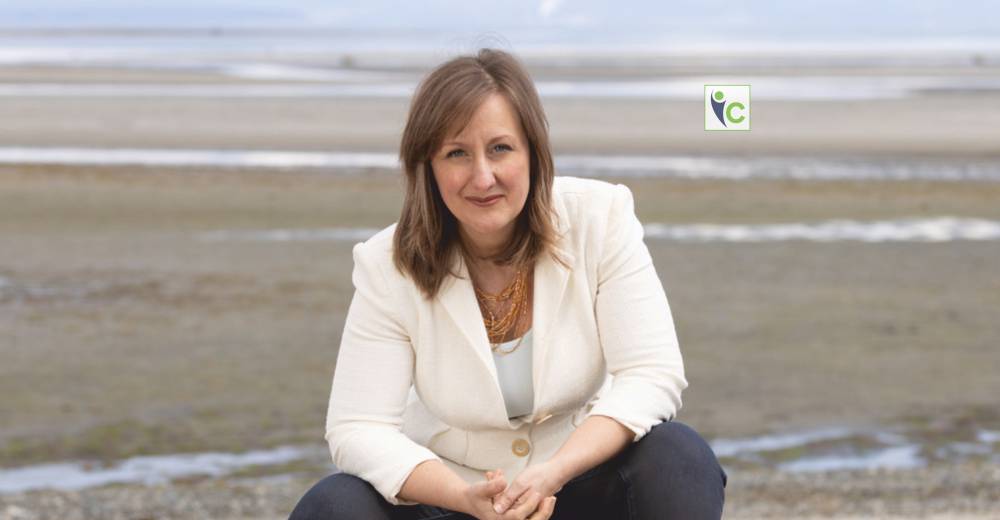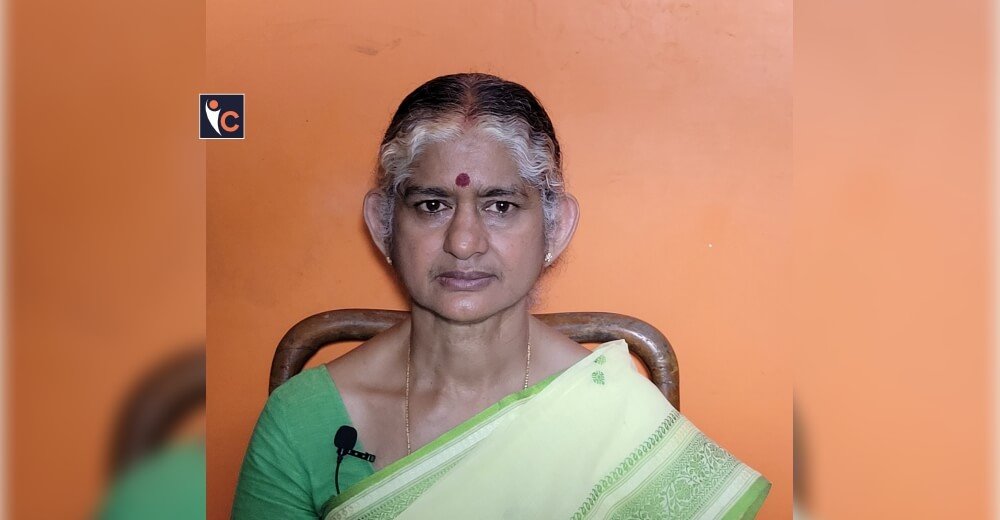“In our own unique journeys—to attain whatever goal—challenges are inevitable.”
Throughout a lifetime, the one aspect we seldom pay attention to, is ourselves. Evidently, to relish the fruits of a peaceful and content life, it is undoubtedly vital to emphasize on our health – both physical and mental.
The ongoing COVID-19 pandemic has compelled us to acknowledge this need and move physical and mental health care to the top of our priority lists. The unforeseen change in our daily routine—work and personal—has had a significant impact on our holistic wellness.
Speaking particularly about mental and emotional health, this sudden change that included isolation and social distancing, became a breeding ground for acute and chronic mental illnesses. Not to mention people’s heightened inclination towards substances or other distractions for stress relief.
With addiction and mental illness being so complex, it requires expert medical attention, and going through rehabilitation is the only way out for some. Rehabilitation centers across the world have ceaselessly striven to provide quality and comprehensive care to help patients who have fallen to addiction and mental illnesses.
One prominent name among such proficient rehab centers is Nōmina Wellness Inc., a premier mental wellness treatment facility, headquartered in Courtenay, BC, Canada, specializing in trauma, addiction-related, and mental health disorder treatment.
In the following interview, Lisa Klco, the CEO, shares her insights on how Nōmina Wellness is changing the way mental health care is perceived, her opinions on the current landscape of the rehabilitation space, and her plans on scaling the institution’s operations in 2021.
Below are the highlights of the interview:
Please brief our audience about Nōmina Wellness, its values, and the key aspects of its stronghold within the healthcare space.
We are one of the few treatment facilities that specialize in mental health related disorders, not just addictions treatment. We wanted to create a transformative space offering specialized care for the holistic treatment of disorders, utilizing healing centered engagement (HCE), which is a very community based, trauma model.
One of the things that is most important to us, is changing the way society views and treats disorders, and recognizing that addiction is one of the many ways mental health distress presents. We approach all mental health disorders from a strength-based lens, which can tend to be less pathologizing. We strongly believe in the resilience and inherent capacity our clients have, to overcome any adversity. We want people to feel empowered to learn from this, and to share their journey.
Our smaller and more intimate setting provides a level of customization not found elsewhere which has helped to make us the foremost leader in the treatment of complex mental health issues from an in-patient setting. We always wanted to ensure supports were accessible, for the varying needs of our clients, to help them thrive. So, we set up a structure to support people across a spectrum of care, from in-patient to second stage, through to individual counselling.
Tell us more about the services offered by Nōmina Wellness which make it stand out from the competition?
Our program has been designed off of the STAMP model (more info below), a positive approach to health, which reinforces a human’s evolutionary hardwiring to be well. Unlike traditional treatment models, which seek to identify a specific problem, we strive to treat the whole person, and supporting change within their collective. We want to understand what are the adaptive behaviours a person has developed to respond to their adversity, work on changing those, helping the person and their families understand why they were developed to begin with. It was really important for us to others find their strength, reconnect with families, and reclaim their lives.
The benefits of a collaborative team approach not found elsewhere can also be seen in programs such as our chronic pain program, where clients have seen results not thought possible in traditional healing models. Our integration leading evidence-based modalities such as Intensive Short-Term Dynamic Psychotherapy (ISTDP), Direct Neurofeedback (DNF) have really provided us some impressive results and more sustainable changes. We often work with the most complex clients, who need this type of deeper engagement.
We are also able to draw from other evidence-based therapies such as Cognitive Behavioral Therapy (CBT), Dialectical Behavioral Therapy (DBT), Eye Movement Desensitization and Reprocessing (EMDR) in addition to other somatic based approaches. Because our staff is so well trained, we are able to draw from and integrate these into a level of customization in treatment planning. We wrap around this work with robust psychoeducation to help clients understand the how and why of their adaptive responses, increasing their level of awareness into their process, and providing them tools to share their strength and knowledge.
However, our greatest advantage comes from the strategic location of Nōmina. The site was chosen for it’s beautiful vistas and its healing beauty. It was a prime location to maximize some of the pioneering work we do with Nōmina’s adventure and nature-based therapies. We have taken years of research on transformation change, nature, and healing to combine it into something not found elsewhere!
What challenges did Nōmina Wellness face in its earlier days? How did your organization fare through the initial phase of the pandemic?
What better time to open an inpatient facility than during a global pandemic! Nōmina was set to open just as COVID-19 hit Canada. This placed significant challenges on us, as well as our affected community. During this time, we made the painstaking decision to close our inpatient operation pooling our existing resources and refocused them to the vital work of providing free mental health support to our community members. Once we had a better understanding of the impacts of COVID-19 and the safest protocols to follow, we were able to slowly reopen our inpatient facility, which has been steadily growing. We continue to face challenges, but as we try to teach our clients, growth is painful, and it is about navigating these with compassion.
Lisa, please brief us on your journey in the healthcare industry. Tell us about how you came to be in this profession.
Mental health has always been a passion. Growing up in a family deeply affected by mental health issues on every level, demonstrated the distinct need for better treatment options. This helped in forming the vision for Nōmina almost 20 years ago while I was working as a hairdresser in Hamilton, ON. This is where I first developed an appreciation for the transformative power of connecting with people. I wanted to support change from within, not just externally. I had a vision for an in-patient treatment facility that could provide that healing space.
During this time in my life, I also joined the military, so I gained another different perspective on change, and human connection. I was able to see transformations happen on so many different levels, and witness the remarkable power of human resilience, and growth. It inspirited me to learn more.
What followed was decades of education, experience, and hard work in various organizations as both a student, a volunteer, an educator, and soldier. I took on as many opportunities I could to gain as much knowledge and experience as possible. The vision truly came to fruition upon meeting my two business partners, Daniel, and Ainslie. It was clear that they both shared life experiences and a passion for helping others. So, you could really say Nōmina was 20 years in the making.
The COVID-19 pandemic has affected the health of many physically as well as mentally. What was your experience of helping people dealing with mental stress and trauma during the pandemic?
When the pandemic first hit, thank-fully I had decades of military experience in crisis management and leadership. We realized the global effects of COVID-19 on the human population, and have observed the mental health crisis growing exponentially, as evidenced by demand for mental health services. Thankfully, our own understanding of the STAMP model helped to equip us very well to take on the support to others, as they navigate these challenges.
The two foremost elements of this STAMP model, are Safety and Team (the need for human attachments), have been compromised by this invisible global threat. We understand people’s need for connection and integrally their need for safety, impacts how they feel and how they cope.
Coupling that with a lack of aim and or purpose and disrupted meaning, we acknowledge people struggle to actualize wellness. Interesting, COVID-19 has uniquely provided different opportunities for play, yet has challenged our problem-solving capacity beyond what we, as a species, thought we could handle. We have seen the depth of the human spirit, as we see that every day in our work and know that humans are capable of navigating this stress.
In your opinion, what could be the future of the rehabilitation services niche post the pandemic?
I believe we will continue to see a rise in people seeking mental health support. We have seen the devastating rise in mental health concerns. The pandemic has brought about people’s desire to connect with each other and with nature; two things that are integral to our program. Through the pandemic, people have been getting out more and more, seeking homes with yard space, growing food, being more active, while trying to find ways to be in harmony with our collective. In many ways, our program simply honours this natural gravitational pull, and helps humans normalize their responses to stress so they can harness their power of their process, using it to optimize outcomes.
The vast majority of our clients coming in present with complex presentation rooted in either physical, mental, or emotional pain. Our niche in all of this really comes from meeting people where they are at and having a diversity of resources to offer those with more complex needs. We have been able to see our model at work provide unparalleled transformations not found in the traditional medical community. We feel this is the next evolution of mental health and addictions treatment.
As an established leader, what would be your advice to the budding entrepreneurs and enthusiasts aspiring to venture into the rehabilitation services sector?
Some of the hardest work you could possibly do, and yet the most rewarding. This work is not for the faint of heart, yet provides such a unique space to work alongside the remarkable humans we do. Not just our clients, but our staff to. None of this would be possible without the amazing team who come together every day giving themselves to provide the richness of the experience to others.
Much like the stamp model suggests, this level of healing is not possible without the strength of the team. Surround yourself with fiercely passionate people, who care about treatment as much as you do, because mental health is not a spectator sport. Lastly, be prepared for endless days, long nights, and lots of disappointment. The hardships remind us every day of the importance of the work we do.
How do you envision scaling Nōmina Wellness and its operations in 2021?
Continuing to develop excellence in our program portfolio and remaining open to possibilities. We recognize this quality of care is desperately needed globally. We hope one day to reach a point where we can expand this, and have it be more accessible elsewhere! However, we are truly the embodiment of a local grown family practice, which is why the families are at the heart of what we do. We are a Nōmina family, who want to help. We hope to be able to expand our level of care to other places. But for now, we want to ensure we stay close, and do what we can to help our own community with our scholarship opportunities.










